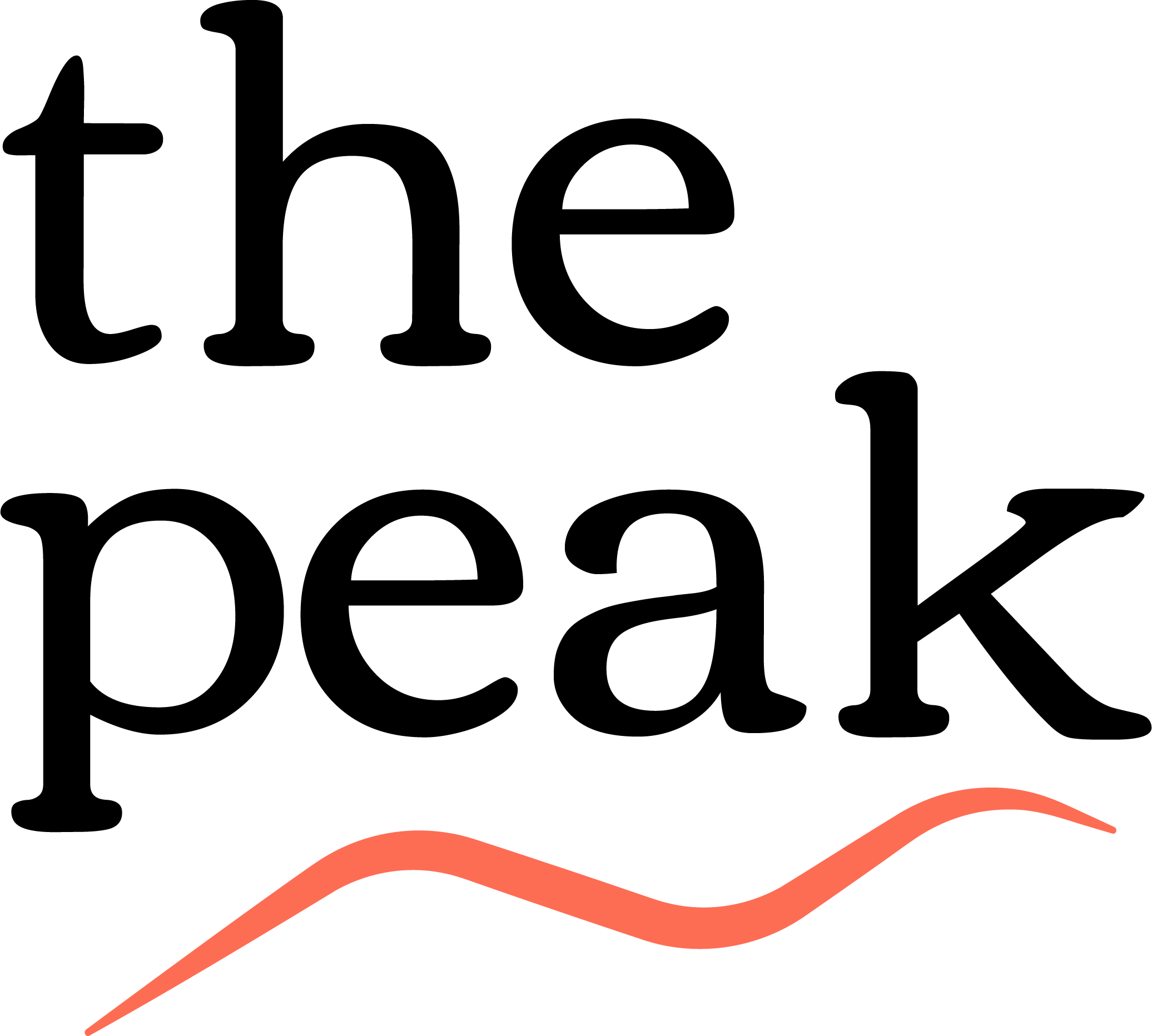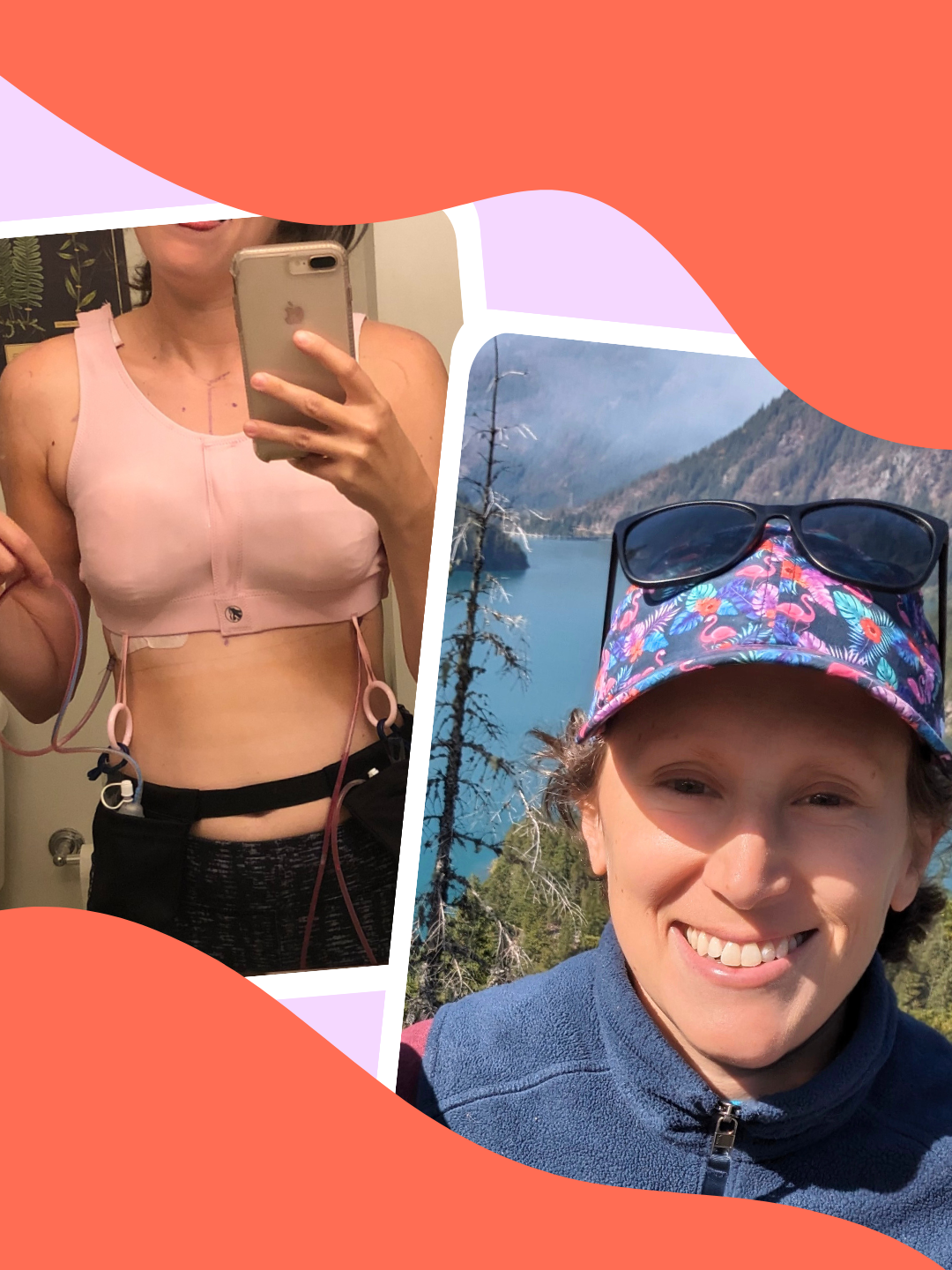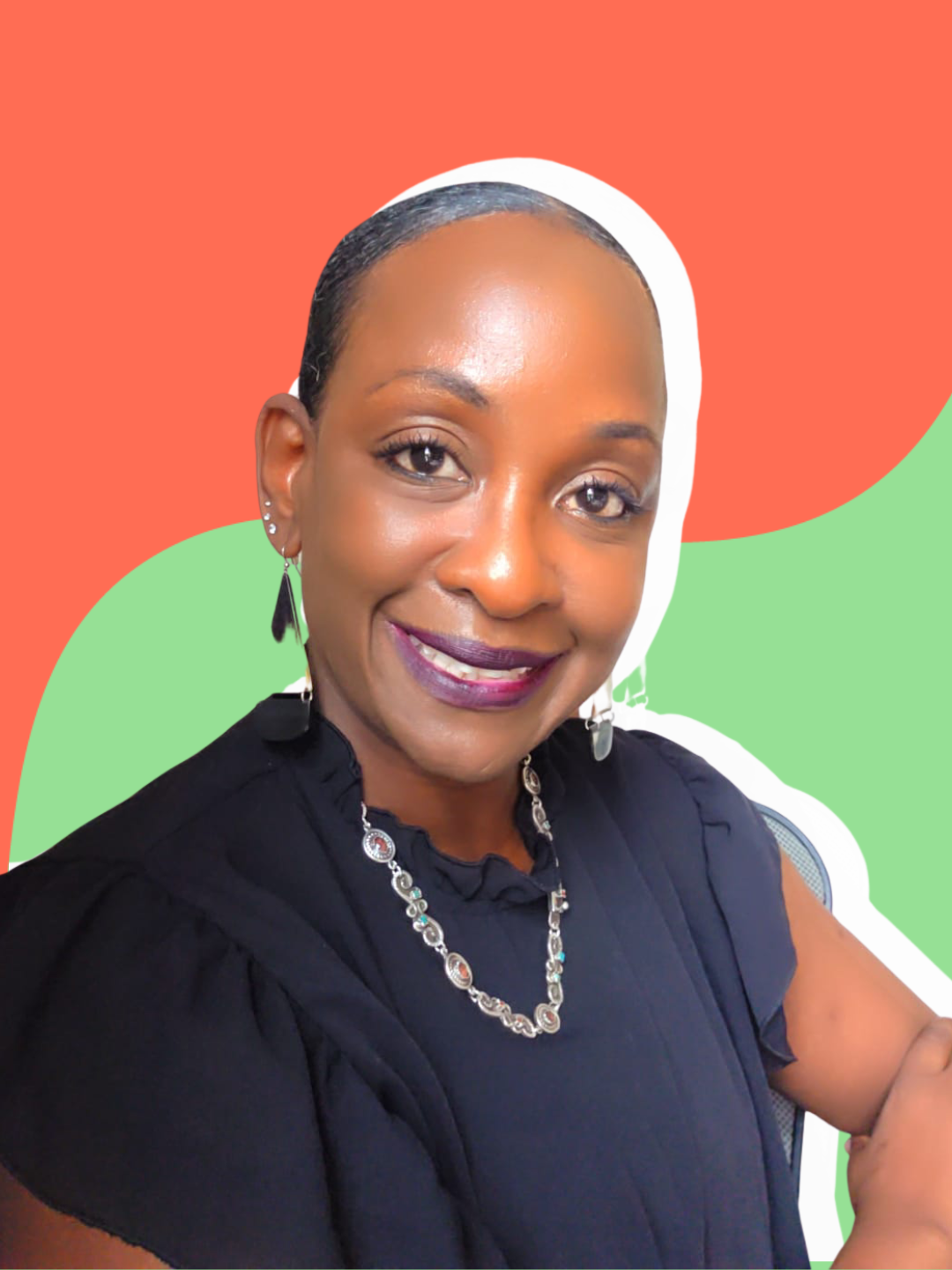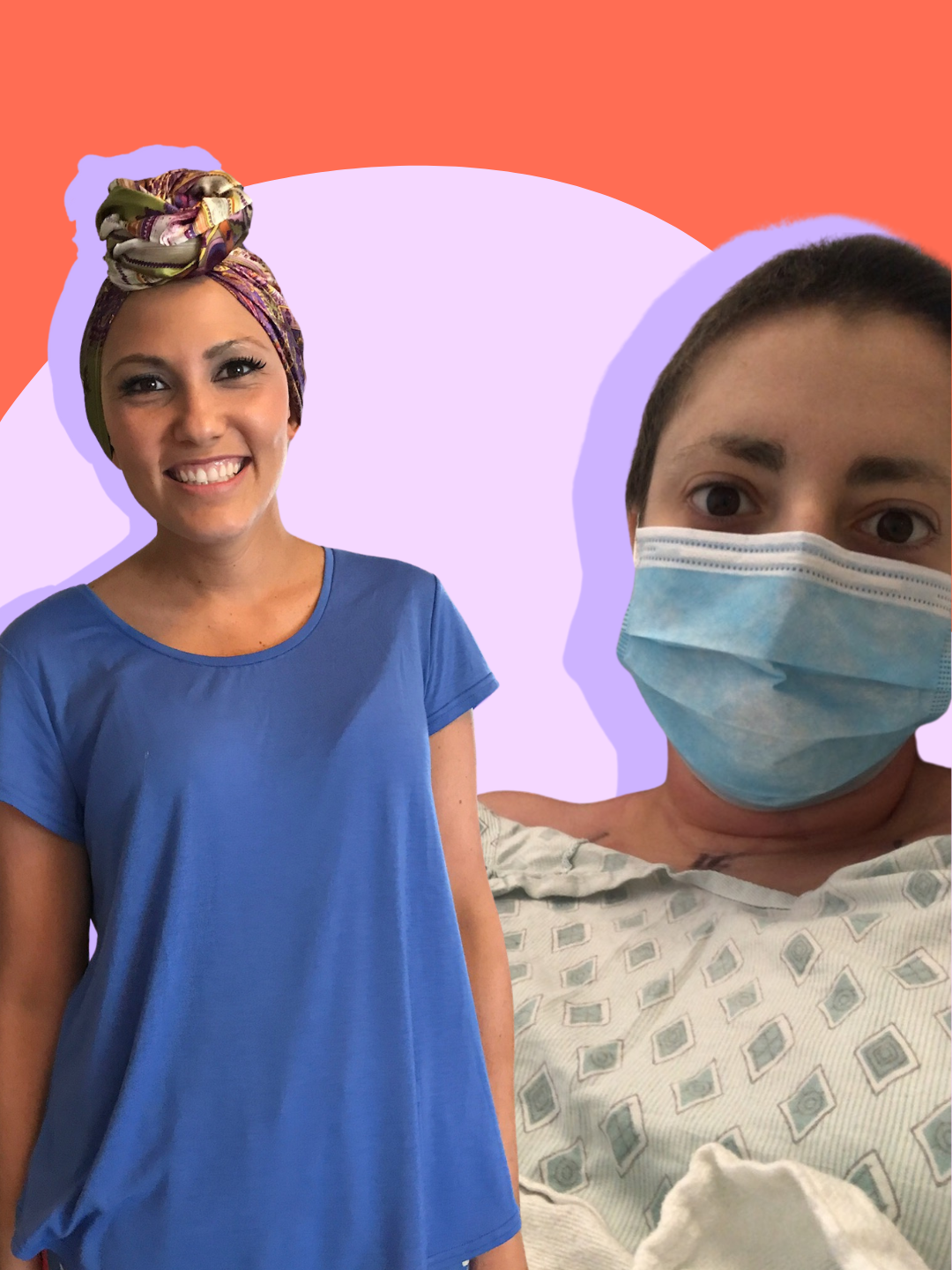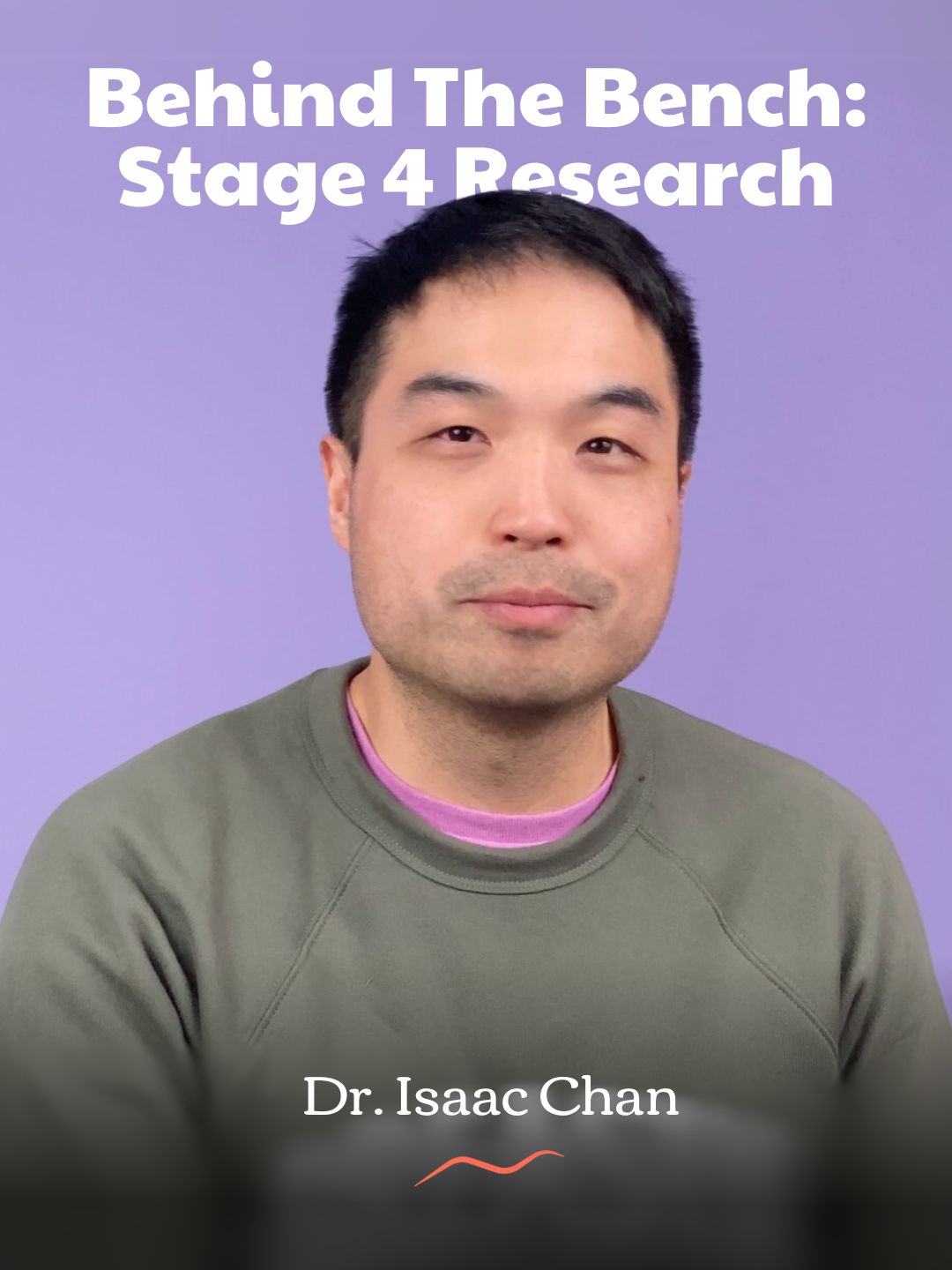Breast cancer stories in the media are nothing new, but I’ve felt inundated since my own diagnosis two years ago.
When I read the article “Breast Cancer Survival Not Boosted by Double Mastectomy, Study Says” in the New York Times, it quickly sparked both confusion and frustration for me. It felt like yet another unrelatable instance of “big breast cancer news.”
What Research Does—and Doesn’t—Say
About a week after my diagnosis in 2022, my surgeon, Dr. Meghan Flanagan, explained to me that long-term survival outcomes were similar across types of surgery: lumpectomy, single mastectomy, and double mastectomy. But I had so many factors to consider; it just wasn’t that simple.
If my surgeon explained a similar concept two years ago, with ample research to support it, why was this just now becoming news?
“It’s a well-done study,” she said right off the bat when I reached out to get her opinion on the study and its implications for her patients. “There are limitations in any retrospective study and reasons why some people got some types of surgery and some didn’t … so I think they did the most that they could with the data.”
She walked me through the statistical strengths of the study before adding: “I think that the findings are sort of confusing.” She said she was left with more questions than answers.
“Women who had bilateral mastectomies have an extremely low risk of contralateral breast cancer. And given prior data … the risk of contralateral breast cancer equates with quite a higher increased risk of mortality,” Dr. Flanagan siad. “If you reduce the risk of a contralateral breast cancer, why doesn’t that lead to a decrease in mortality? I felt like there was no explanation about why… except to say that this has been shown before and likely had something to do with the original cancer.”
Dr. Flanagan doesn’t think this study impacts the recommendations she makes for patients.
“When I talk to my patients,” she said, “I walk through that there’s really no difference in survival for non-mutation carriers [between lumpectomy, unilateral mastectomy, or bilateral mastectomy], at least in prospective studies, and there’s really no difference, for the most part, in local recurrence.”
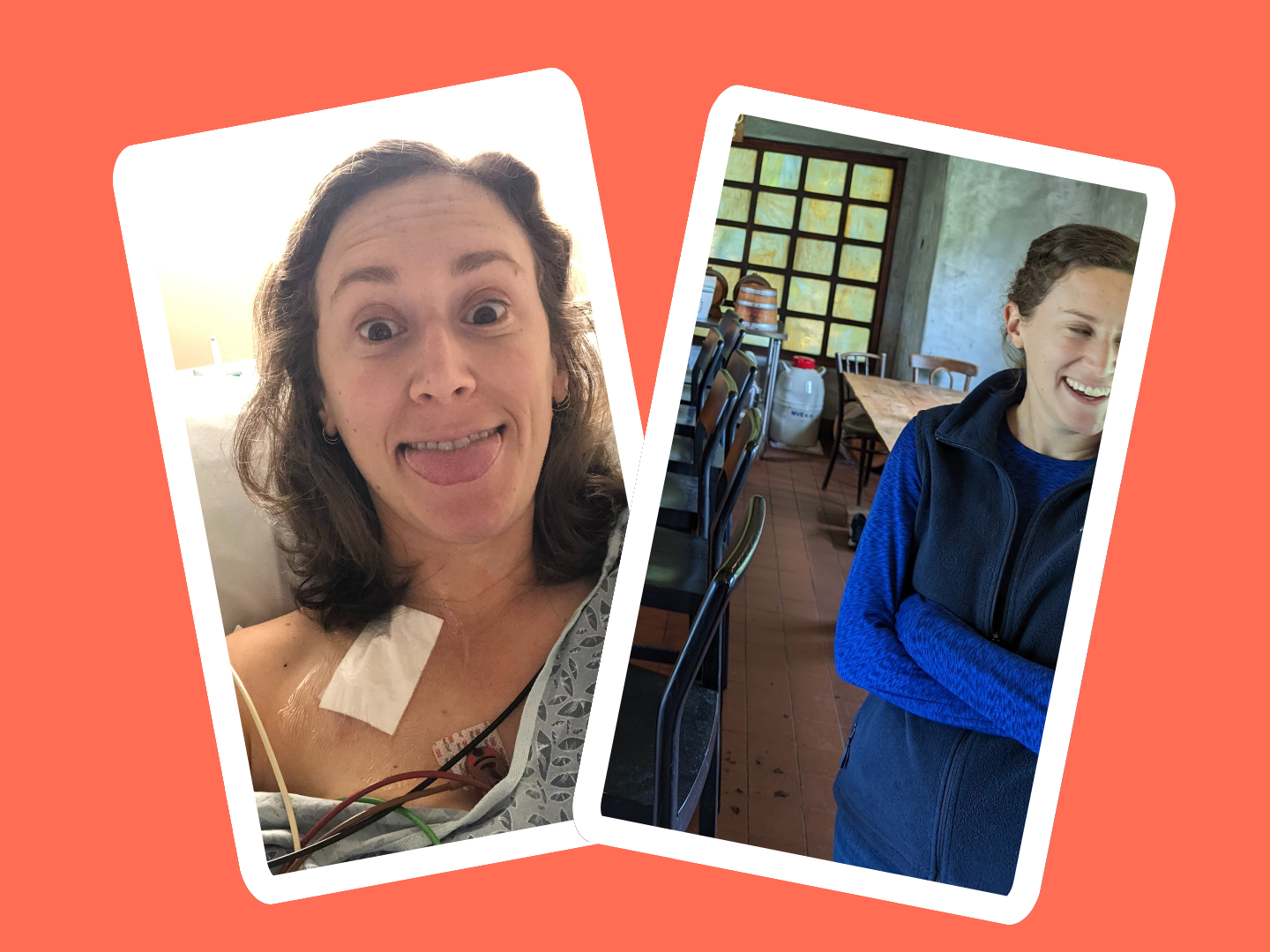
The Role of Age in Decision-Making
When reading the study, I found it hard to reconcile the lack of emphasis on age with rising breast cancer rates in young adults. The recommended screening age has been lowered from 50 to 40 and one study recently revealed a 20 percent increased risk of breast cancer for people born in 1990 compared with those born in 1955. I was born in 1991.
I often wonder whether new cancer research is relevant to my age group, and I felt frustrated that yet again, this piece left out age entirely. With more and more evidence emerging that breast cancer is affecting more young people, why no mention of age?
This is one of my biggest points of confusion and frustration when learning about breast cancer research. My age was a prominent factor for all my providers in determining my treatment plan. Dr. Flanagan explained at my first appointment that the research she showed me largely excluded my age group. When we spoke last month, she elaborated.
“Women under 40 or 45: they’re just underrepresented in every possible randomized trial,” she explained. “I think it’s an area that people are definitely looking at and trying to get more information, but it will always be somewhat limited.”
She pointed out that the study excluded 7,000 patients under 30, not to mention missing significant data like whether patients received endocrine therapy. All limitations of this as a retrospective study, she reasoned.
Making the Choice
Then Dr. Flanagan touched on something that hit home for me.
“At the end of the day, there are various reasons why someone might choose to have a bilateral mastectomy,” she said. “Patients have their own reasons for why they choose what they choose. For some, it’s symmetry. For some, it’s the feeling of, emotionally and mentally, I have to do anything that I possibly can do to not ever go through this again.”
“For me, at the end of the day, patients need to have a voice in their treatment, and if they understand the risks and benefits of treatment, and choose to pursue a mastectomy, then I support their decisions.”
As her patient, I felt that support in a big way. A lumpectomy was off the table for me because of the size and shape of my tumor. It was either a single or double mastectomy. But did I want reconstruction or flat closure? Would I get implants or have a flap surgery using my own tissue? Was flap surgery even an option with my body composition? If I had a single mastectomy, would they be able to match the size of my other breast? Would I want a reduction on the other side if they couldn’t? If I needed surgery on both sides anyway, would I regret not doing the double mastectomy? Would I keep my nipples? Was there any way to retain sensation in my chest? I agonized over the decision.
Underlying everything was my previous relationship to breast cancer. In 2017, my lifelong best friend’s mom died at 59 after living with breast cancer for over 25 years. Then in 2021 that same friend, a BRCA 2 carrier, had a preventative double mastectomy. Breast cancer was already a heavy part of my life. It was impossible to untangle my decision from the web of grief that already existed within me.
It helped immensely that Dr. Flanagan seemed to understand that. I remember noticing she documented my friend’s story in my chart. I thought, “She gets it. I’m a whole human being, I’m 30 years old, and this is a complex and emotional decision that I have to make quickly.” I felt like I could trust her.
Dr. Flanagan reminded me of a powerful concept in our recent conversation: choice.
“There are studies showing that most patients don’t have a lot of decisional regret,” she said. Then she prompted me to reflect on my own decision. In all my grief over the last two years, I never second-guessed the surgery itself, which seems to be a common experience. I felt angry that I had to make that choice in the first place and I still grieve the loss of so much about my body. I’m still working through my dysmorphia. But I know that a double mastectomy was necessary for my physical, mental, and emotional well-being.
Who Are We Telling Breast Cancer Stories For?
Reporting on medical research is a big job and one I don’t envy. But the fact that getting a double mastectomy doesn’t equate to longer survival is not news for breast surgeons. On the contrary, one of the biggest takeaways of this study for Dr. Flanagan is the number of questions it raised.
“I think it’s telling us that there’s a lot we don’t understand,” she said. “More research dollars and people should be trying to understand this increased risk of mortality with a contralateral breast cancer, and why that is. This is a bit of a conundrum, and there isn’t a great explanation for it.”
Media reports make studies like this sound much more conclusive. Headline after headline, they weave an over-simplified story. But who is this story for?
As much as the media also seems to love sounding alarms about rising cancer rates in young adults, I don’t think these stories are for us. If journalists really want to provide helpful information for those at risk or in treatment for cancer—a growing population—they need to consider young adults. And that just may change the whole story.
